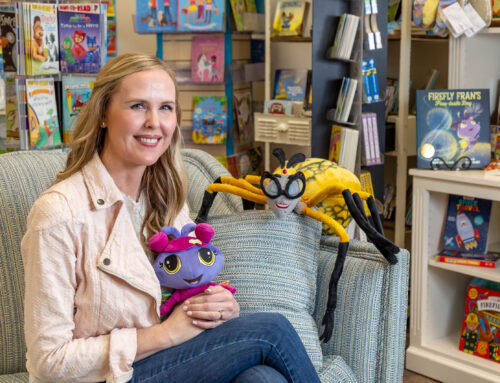Weathering the weather gets harder all the time.
Dallas winters feature 40-degree swings within the same day now. Crepe myrtles get confused: They begin to bloom and then quickly retreat into their buds. Birds flying south need a GPS, as they don’t know from one day to the next where the warmth will be.
I went to Naples, Fla., in late January for a professional meeting that included golf (don’t they always, nowadays). The temperature on the first tee was 37 degrees. I called home, and learned it was 77. A few days later I left Naples at 77 and arrived in Dallas for 37-degree weather. A few weeks later I landed in Denver for a few days of skiing (hard time of year for ministers, I know). It was 77 in Denver, and the skiing two hours away was warm and icy.
The weather, like so much else these days, has become unpredictable.
We used to know that banks were conservative institutions whose first responsibility was to protect people’s money. We used to count on government to look out for the common good and not special interests. We used to set our moral compass by the values we learned in church and synagogue. But when weekly U.S. worship attendance dips as it has, to about one-third of the population, those values are not being reinforced.
In times like these we are looking for enduring values and permanent things. The unpredictability of everything sends us in search of what can be depended upon.
One strategy is positive thinking. The pop music group Crowded House sang “Take the Weather with You”. Make the best of things by looking for what is good and not worrying about things you can’t control. But things you can’t control can control you, whether you want them to or not.
You won’t change the weather by thinking sunshine in a downpour or heat in the cold. You won’t get banks to loosen credit lines by imagining money flowing like the Mississippi into the delta.
Another answer commonly offered these days is to turn back to oneself and trust in no one and no thing outside of the self. If each person takes responsibility for his own behavior and stops looking outside himself for security, he will find peace and stability.
Like so many things, this is a half-truth masquerading as the whole truth. The Bible reminds us that the human heart is deceitful above all else. Why should I be trustworthy when nothing else is?
We are all looking for what the poet T.S. Eliot called “the still point in a turning world.” Can it be found? Does it exist?
Yes and no. God is the only dependable presence we can run to. But God is not in the world in the sense that we can see or grasp God directly. Putting our trust in the presence of an invisible God means not putting our trust in anyone or anything of this world.
This feels risky to people who want to put stakes in the ground. But if our only security is grounded in heaven, so to speak, then staking our future there means hanging on by faith rather than standing firm on our own two feet.
Since we are all going to die sooner or later, everything’s not going to be OK. Our hope is not in things being OK, though; it is in our being OK anyway. And since only God is the Lord of the living and the dead, only God can be trusted for our living and our dying.
The wisdom of Proverbs comes to mind: “Trust in the Lord with all your heart, and lean not on your own understanding; in all your ways acknowledge him, and he will direct your paths.”





